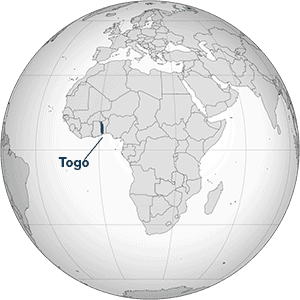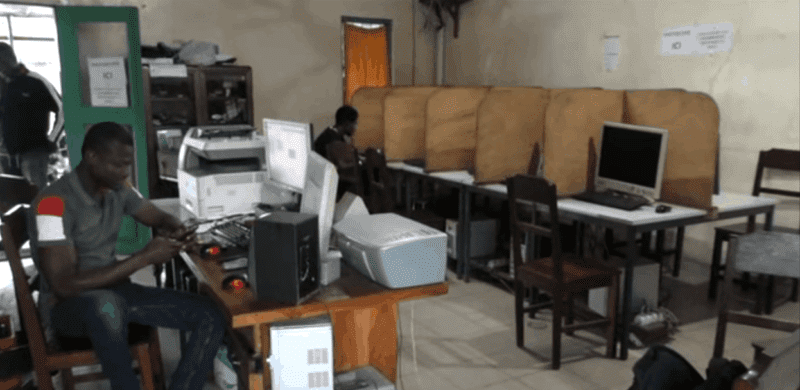 Togo does not have appropriate legislation governing internet use and freedom, leaving the government and judiciary to apply the existing penal code to online activities.
Togo does not have appropriate legislation governing internet use and freedom, leaving the government and judiciary to apply the existing penal code to online activities.
Internet shutdowns lasting up to a week are increasingly common, and individuals have been jailed for up to five years for posting information about government or opposition policy on social media.
The need for legislation around internet freedom has been raised in the Togolese media, and the University of Toronto recently published research on how the government uses online space to track dissidents.
Building on this research, Afrotribune conducted a study of the knowledge and perspectives of policy makers and other stakeholders.
This investigation revealed that while lawmakers and civil society organisations were extremely able to discuss ‘offline’ human rights, the idea of digital rights was new to them.
Emmanuel Vitus, Project Manager for Afrotribune, says,
“Most CSOs and NGOs are experts in offline rights, but are just learning that digital rights exist.”
Some policy makers had attended the Internet Governance Forum and similar events, but demonstrated very little practical understanding of the issue.
Emmanuel and his team saw an urgent need: the Togolese government was ready to take action on digital rights, and to develop appropriate legislation.
However, there was a risk that this legislation would be created without any real understanding of its potential impact on Togolese citizens and civil society.
The exclusion of these voices could mean that surveillance and imprisonment of dissidents, regular shutdowns and other infringements of digital rights could continue with impunity.
No other organisation was active on this issue, so Afrotribune took the lead in starting a national discussion, with the support of a grant from Internews.
“We didn’t expect that so many different groups would be interested,” says Emmanuel. “As well as civil society organisations, we met with academia, lawyers, the US and French Embassies in Togo, and representatives from the tech community.”
Over a series of 18 meetings with these stakeholders, Emmanuel and his team discussed the principles of digital rights, how new legislation could affect the Togolese people, and what a new Bill should include.
“We have seen great progress with these groups: within the project we have a case where one CSO has decided to sue the state for freedom of speech violations.”
By the end of April 2019, after just 14 weeks’ work, Emmanuel’s team of four people had drafted a multi-stakeholder Digital Rights Bill, ready for submission to Parliament.
The work continues. Afrotribune has had cordial discussions with government representatives, and will continue to advocate for relevant, appropriate legislation.
Emmanuel and his team are also working with civil society groups and the media to ensure that people across Togo are aware of their rights. Emmanuel concludes:
“If we have a law that includes citizens, government, it will be in the interests of every stakeholder. People can freely live without fear of arrest or persecution.”
More Case Studies:
Togo | Bolivia | The Gambia | Argentina | India | Kyrgyz Republic | Ukraine | Cameroon | Mexico | Grassroots Initiatives Home Page
(Banner photo: A computer lab in Togo. Credit: AfricaNews)
